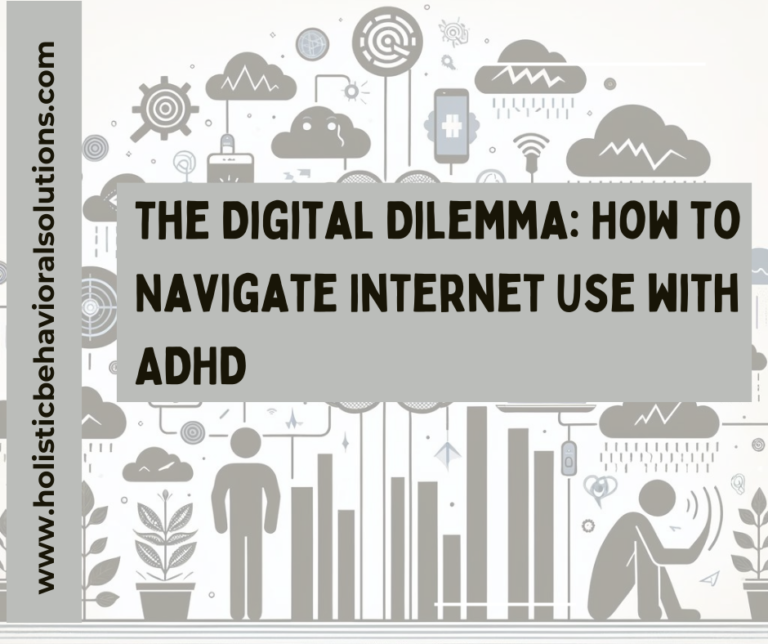
One of the study's primary findings is the mediating role of psychological distress in the dynamic between Problematic Use of the Internet (PUI) and quality of life (QoL). It appears that while specific digital activities have direct impacts on facets of QoL — such as physical well-being and social connections — it's the overarching psychological distress that significantly shapes overall life satisfaction.
This insight sheds light on a critical aspect of digital well-being for those with ADHD: it's not just the amount of time spent online but how this engagement affects mental health that matters.
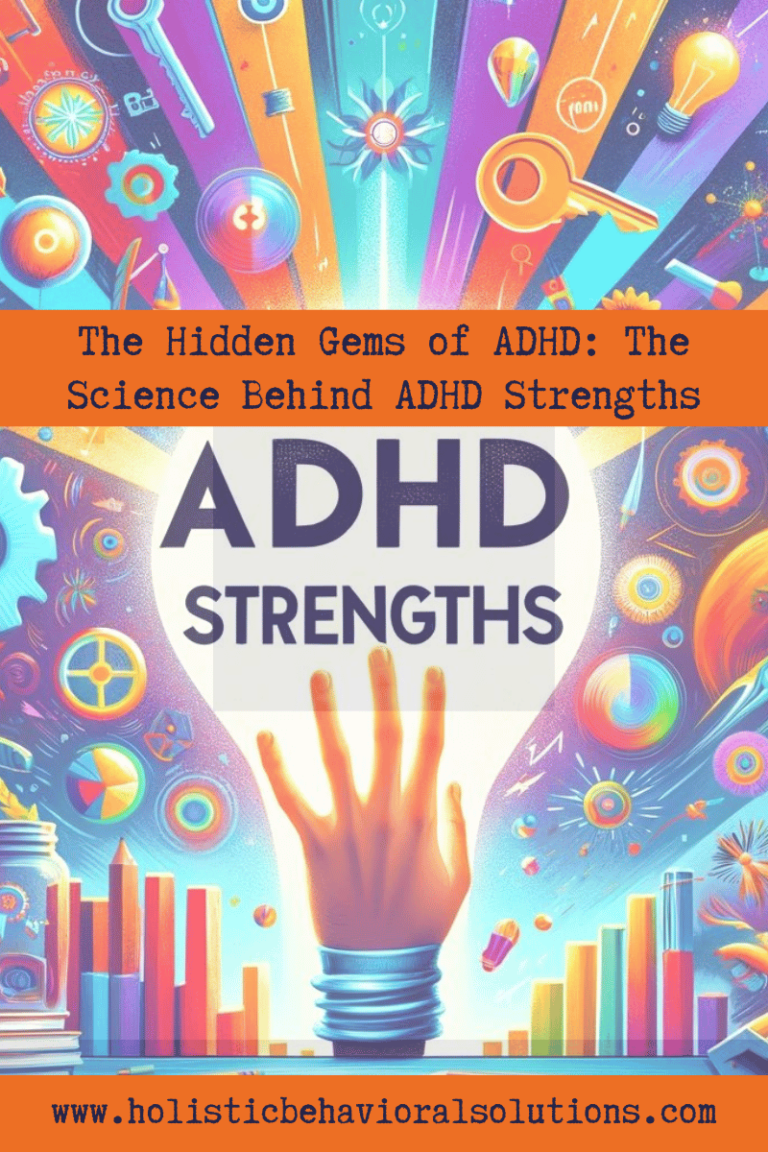
In the realm of psychological research, Attention-Deficit/Hyperactivity Disorder (ADHD) has long been associated with challenges in attention, impulsivity, and hyperactivity. However, a burgeoning body of research is beginning to illuminate the unique strengths inherent in individuals with ADHD. Let us explore the current scientific understanding of ADHD strengths, drawing on both qualitative and quantitative studies to shed light on these positive traits.
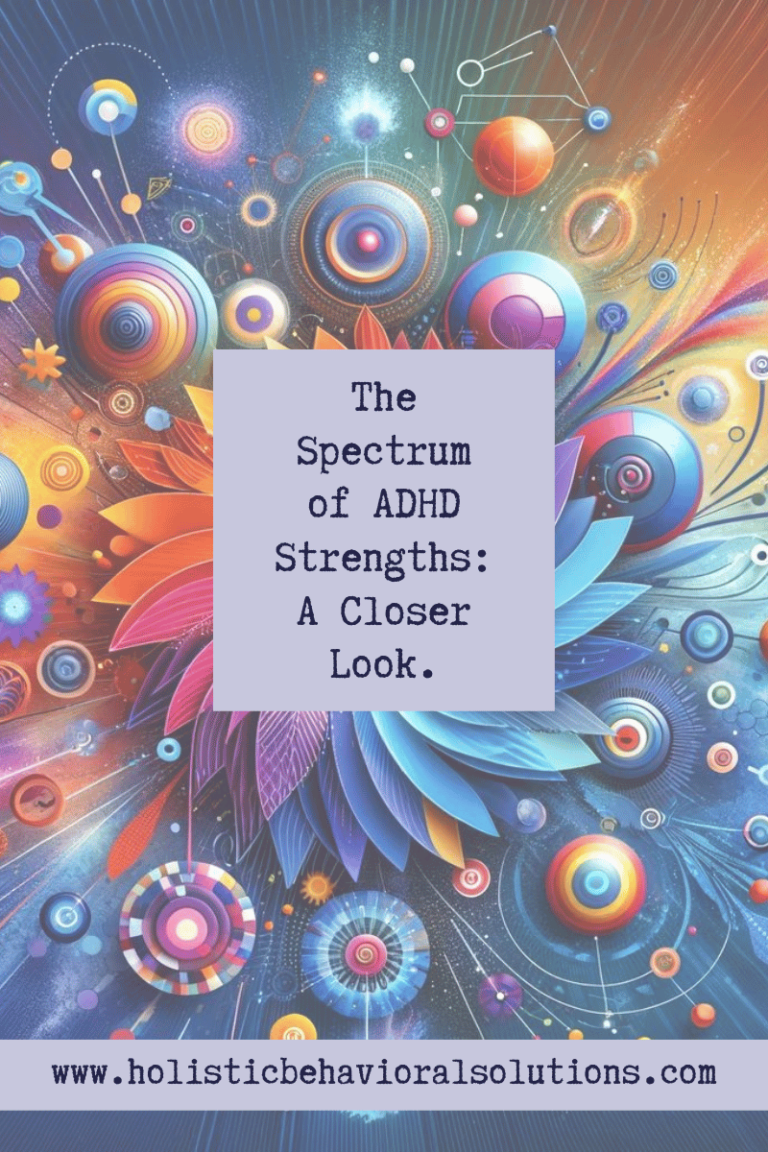
ADHD, characterized by patterns of inattention, hyperactivity, and impulsivity, also comes with a suite of often-overlooked strengths. These include creativity, hyperfocus, high energy, and exceptional social skills. Each of these strengths brings a unique advantage to individuals with ADHD, reshaping the narrative from one of deficit to one of diversity and potential.
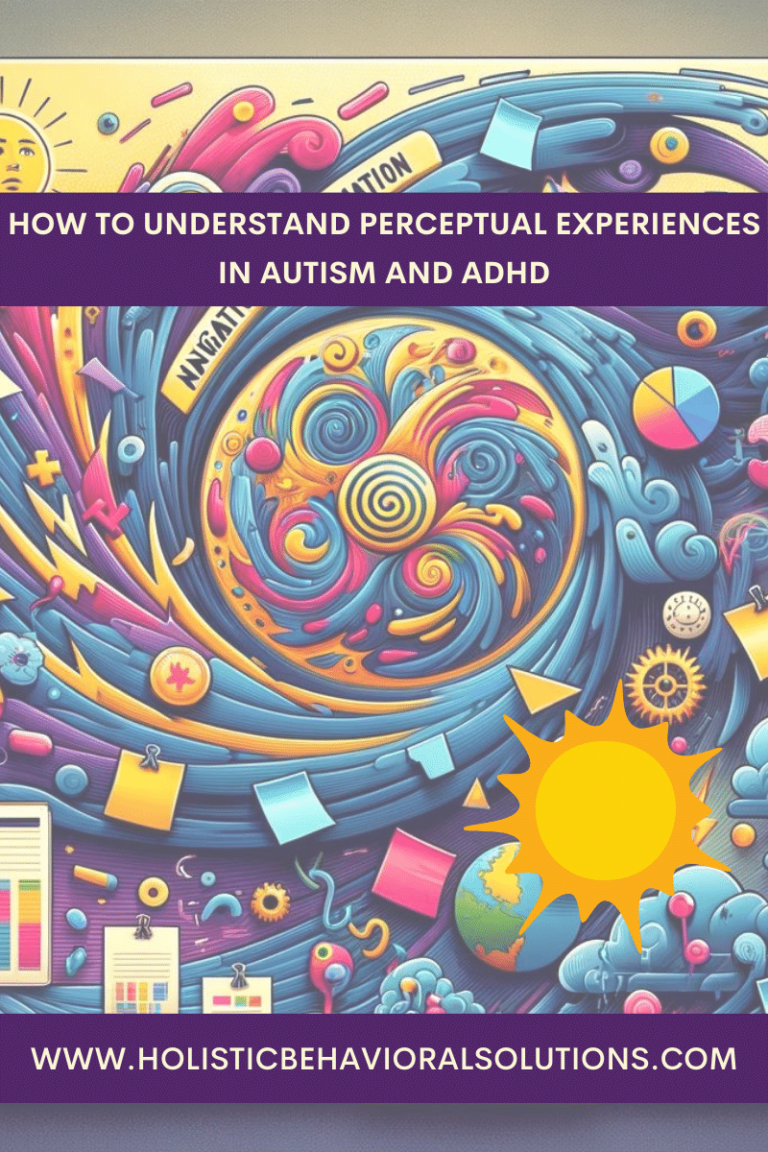
The Research Conclusion
The study on perceptual capacity in autism and ADHD opens up new avenues for understanding and supporting neurodivergent individuals. By embracing a strength-based perspective, we can move beyond a focus on deficits, recognizing the rich and varied ways in which people perceive and interact with the world around them. This approach not only fosters a more inclusive view of neurodiversity but also highlights the importance of tailored strategies that leverage individual strengths for a more fulfilling and engaging life experience.
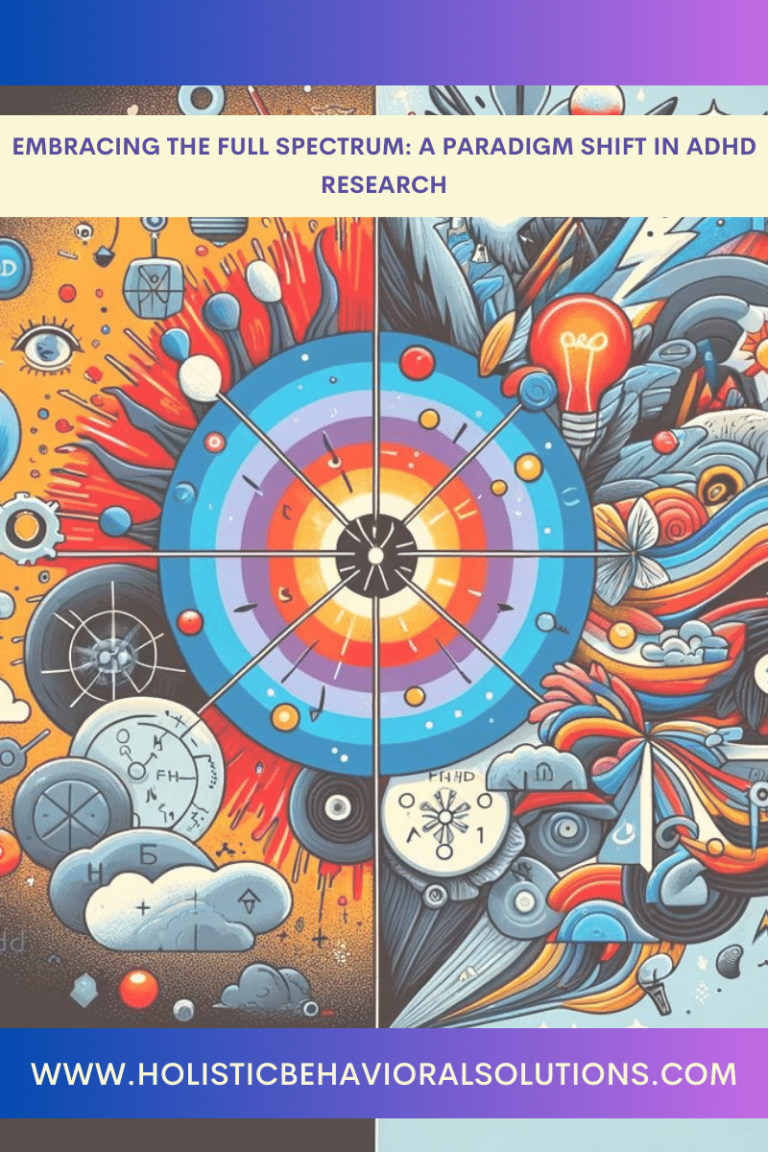
The landscape of ADHD research and understanding began to shift with the advent of positive psychology. This branch of psychology, founded by figures such as Martin Seligman, focuses on what makes life worth living and how individuals can flourish despite challenges. Applied to ADHD, positive psychology encourages a more holistic view of the condition, recognizing that alongside the well-documented challenges, there are also inherent strengths and talents.
This strength-based approach seeks to balance the paradigm, advocating for a more comprehensive understanding of ADHD that includes the potential for creativity, hyperfocus, resilience, and dynamic problem-solving abilities often found in individuals with ADHD. By focusing on these strengths, the aim is to empower individuals with ADHD to leverage their unique skills and perspectives, contributing positively to their lives and society.
Positive Psychology and ADHD




